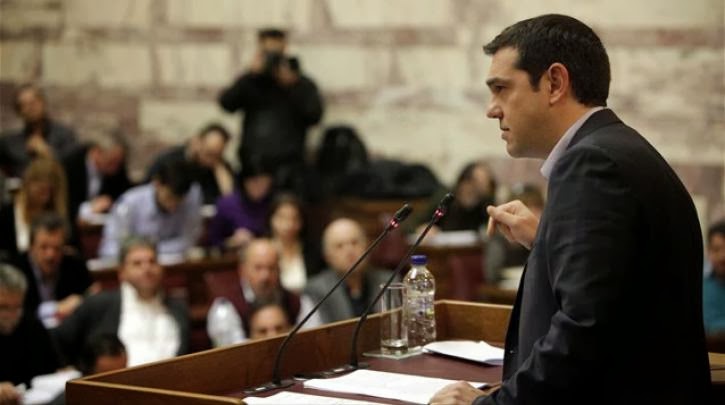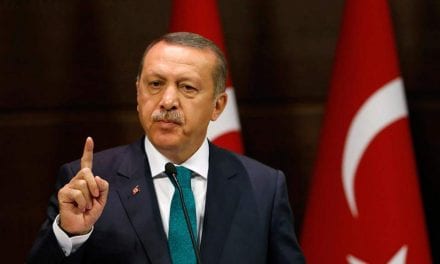By
The Greek prime minister is “still the man to beat” in Greece, analysts say, after he announced this week that snap elections would be held next month, making it the country’s third election in as many years.
Rebels opposed to Greece’s bailout walked out of the leftist Syriza party on Friday, formalizing a split after its leader Alexis Tsipras resigned as prime minister to make way for early elections.
A third of Syriza’s lawmakers in parliament last Friday refused to back a new bailout deal with Greece’s international creditors, arguing that it was a betrayal of Syriza ideals. In doing so, they robbed Tsipras of his parliamentary majority. Analysts say this made his position “untenable.”
“Tsipras has decided to call new elections now because his popularity is still high and the bailout measures have yet to bite,” Vincenzo Scarpetta, a political analyst at the independent think tank Open Europe, told Newsweek. “His position was untenable, he would have had to call elections at some point anyway.”
“He has lost his majority in parliament, meaning that he was going to have to rely on the opposition to pass important reforms and that was not sustainable in the long term,” Scarpetta continues. “Putting everything on balance, Tsipras is still the man to beat. Syriza is likely to finish ahead, but I am not sure they will win an absolute majority, nor anyone else.”
Tsipras will now try to position himself between the hard-line left-wing MPs who have now left Syriza and the traditional parties in order to take the centre ground. Scarpetta explains that while the new left-wing party will campaign for Grexit, and will most likely drain some votes away from Syriza, a more “centrist” Syriza could also drain voters away from the socialist party PASOK and the new centrist party To Potami.
However, it is unclear how Greek voters will react to the harsh conditions attached to the bailout that Tsipras has painstakingly pushed through parliament, despite the fact that the majority of the population—61.31%—voted “no” to the eurozone’s terms for the country remaining in the single currency in Greece’s dramatic referendum held on July 5, called by Tsipras.
“I wouldn’t be surprised if Greek voters felt disappointed that despite the referendum, Tsipras went ahead with the bailout agreement,” says Scarpetta. “On the other hand, the overwhelming majority of Greeks do not want to leave the euro. Syriza has failed to keep all of its flagship pledges, but Tsipras can still make the argument that the deal he signed was the only alternative to Grexit.”
Christian Odendahl, chief economist at the Centre for European Reform, an independent, not-for-profit think tank, similarly believes that it was the right time to call an election, due to the weakness of the other political parties, which can offer no viable alternative at this stage.
Capitalizing on his popularity is key for Tsipras now, as that could well start to fade once austerity measures begin to bite. Odendahl says that VAT hikes and pension cuts are already being keenly felt.
“There is no alternative on the horizon, he remains the undisputed most popular politician,” he says. “The window of opportunity is right now.”



















